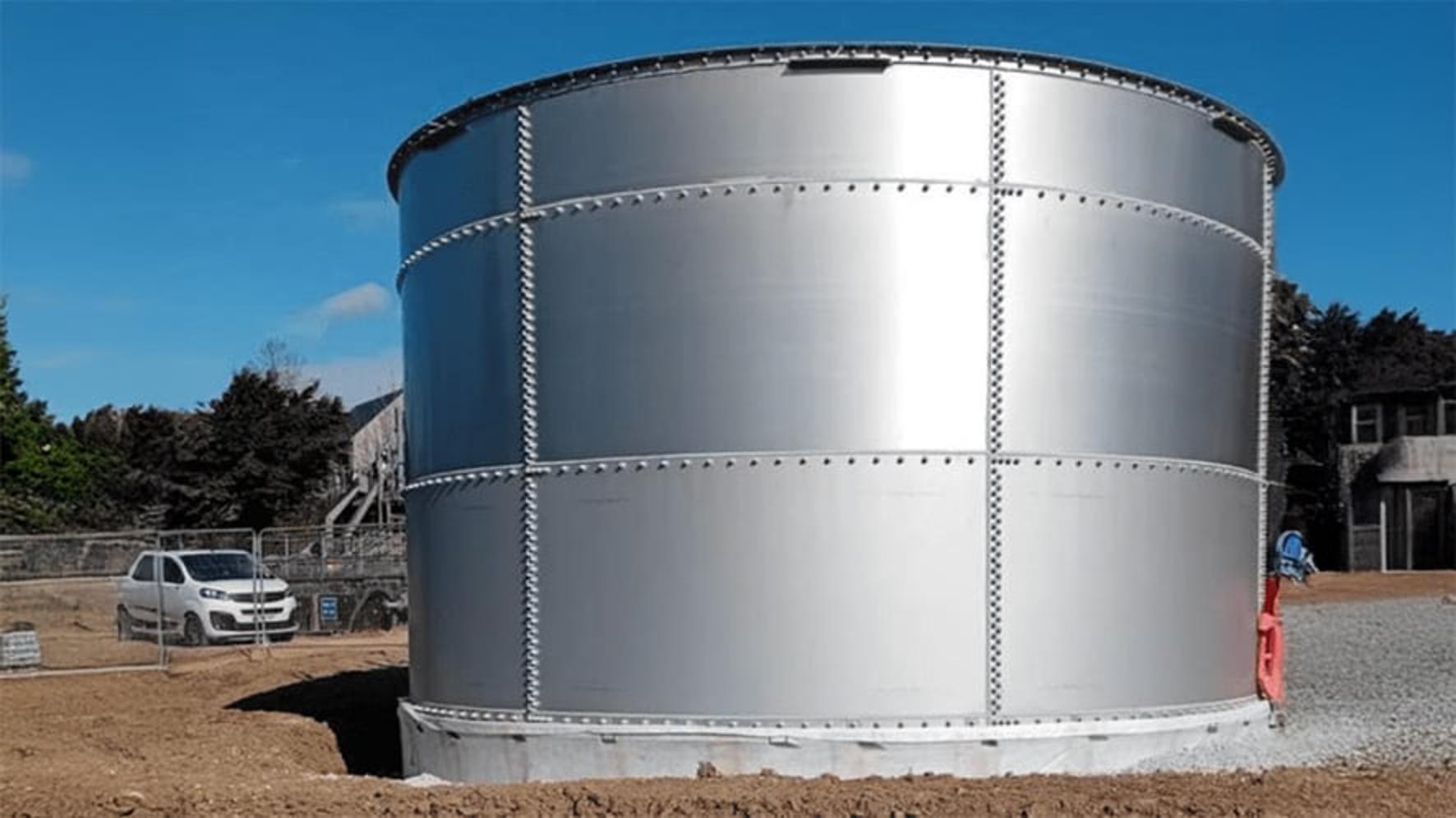South West Water has cut storm overflow spills by 76% at a Cornwall site thanks to a programme of targeted improvements as it continues to drive improvements in spill numbers across the region.
St Cleer Sewage Treatment Works, near Liskeard, saw 108 storm overflow spills from January to September 2024.
Thanks to South West Water’s targeted improvements these spills were reduced significantly for the same period in 2025.
To achieve this result, a new stainless steel storm tank was built at St Cleer to hold excess flows into the treatment works when the site is at capacity.
The new tank is linked to an existing storm tank on the site which means that when the existing tank begins to fill, so will the new one.
When the flows coming in to the treatment works have reduced and the site can accept more wastewater, the tank will return its storage into the works for full treatment, reducing the number of spills to the environment.
A screening unit removes debris before water enters the tank, and a manual washdown system helps keep the tank clean and working at full capacity.
Karl Stone, South West Water’s Wastewater Operations Manager for Liskeard, said:
“This is another great example of how targeted investment and the hard work of our teams is delivering real results.
“While much of this year has clearly seen less rain than last year, by increasing storage and improving how flows are managed at St Cleer, we’re helping to protect local rivers and reduce our reliance on storm overflows. We’re really pleased with the results we have seen so far and the progress we are making across the region but we know there is more to do.
“As a business we are spending hundreds of millions to improve our storm overflow performance but at a local level it’s so rewarding to see these upgrades in place and having a really positive impact."
South West Water is investing around £760 million over the next five years to reduce storm overflow spills across the region.
The company aims to be the first in the sector to meet the government’s target of fewer than 10 spills per overflow, per year, by 2040 – a decade ahead of the deadline.
